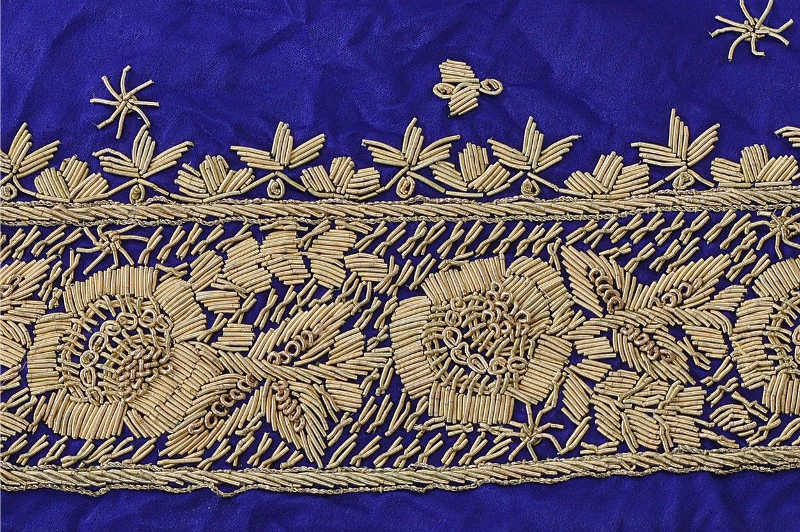===
0689,
1
===

=== |
 |
kab lu:tf-e zabaanii kuchh us ;Gunchah-dahan kaa thaa
barso;N mile par ham se .sarfah hii su;xan kaa thaa
1) when was there any verbal/'tongued' pleasure from that bud-mouthed one?
2a) upon meeting for years, with/from us there was only/emphatically economy/miserliness of speech
2b) we/she met for years, but with/from us there was only/emphatically economy/miserliness of speech
lu:tf : 'Delicacy; refinement; elegance, grace, beauty; the beauty or best (of a thing); taste; pleasantness; gratification, pleasure, enjoyment; —piquancy, point, wit; —courtesy, kindness, benignity, grace, favour, graciousness, generosity, benevolence, gentleness, amenity'. (Platts p.957)
.sarfah : 'Expending, expense, expenditure; economy; utility, profit; addition, surplus, excess, redundance, profusion'. (Platts p.744)
FWP:
SETS == SUBJECT?
MOTIFS == SPEAKING
NAMES
TERMSAnd really, it is a fine verse! As I went along translating SRF's commentary, I was proud of myself for having already seen most of those possibilities. But the reading that the miserliness of speech could be on the lover's part rather than the beloved's-- that stunned and delighted me, because somehow it had never occurred to me at all. Why didn't it, since it's the kind of thing I love to look for, and do often find? I don't know. I mention this just to remind myself (and you, dear reader) to be alert, and not to forget the full tool-kit of analytical possibilities when approaching a deceptively 'simple' verse like this. Just because you see three possibilities, that's no proof that there aren't four! Or five, or 'n'.